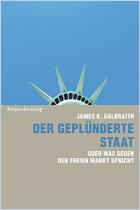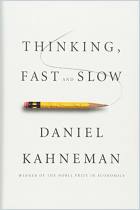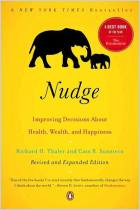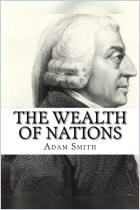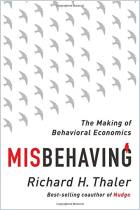
Book
The Predator State
How Conservatives Abandoned the Free Market and Why Liberals Should Too
Free Press,
2008
Diese Zusammenfassung ist nicht mehr verfügbar.
Wir empfehlen Ihnen jedoch diese Alternativen:Ähnliche Zusammenfassungen
Book
Book

